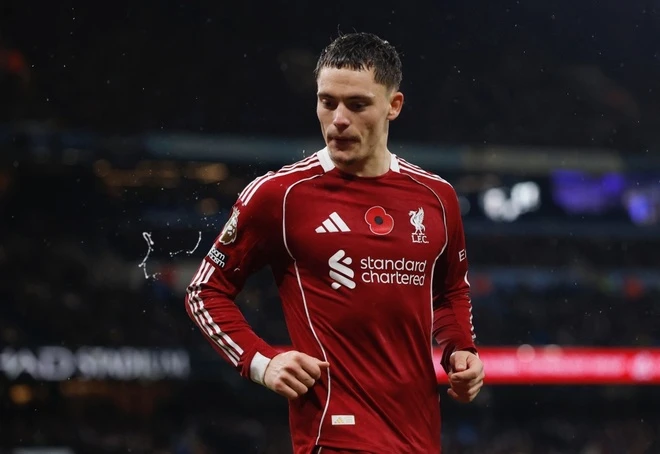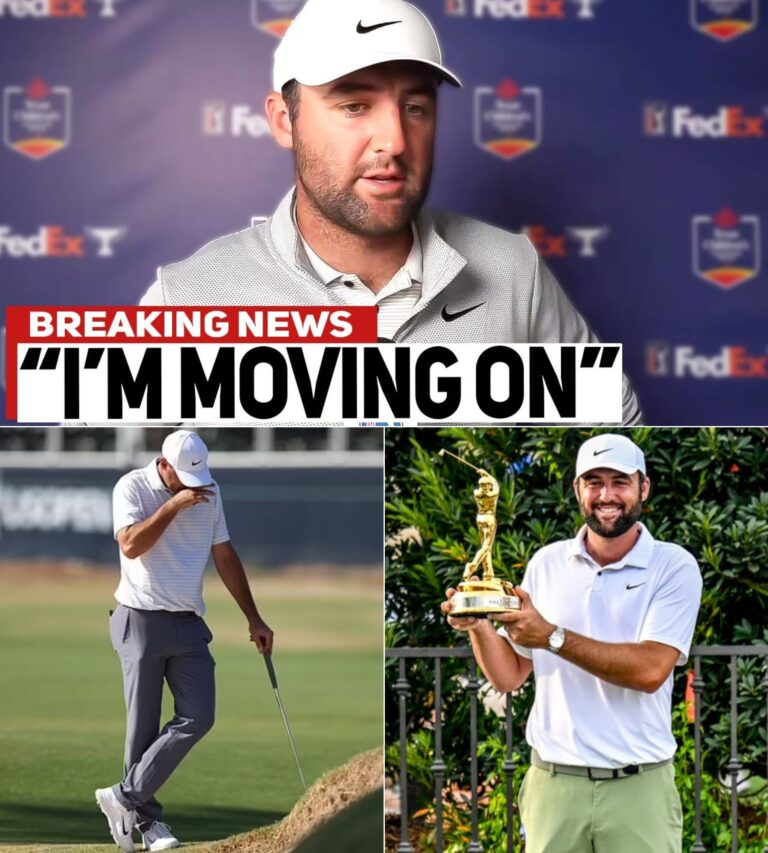A Selfish Salah Is Undermining Both Wirtz and Liverpool
The inconsistent form of Liverpool this season stems from a variety of causes—but none more glaring than the increasingly self‑centered play of their star, Mohamed Salah. If he embraced the team over individual glory, Liverpool might not be in their current slump.
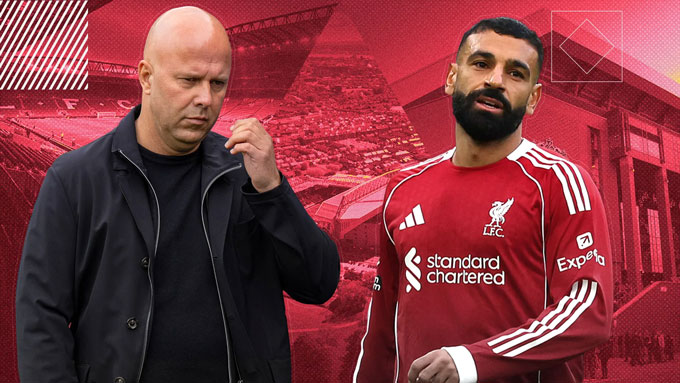
Wirtz Still Can’t Break Through — And Salah Is Part of the Problem
Salah endured a forgettable evening at the Etihad Stadium in Liverpool’s 0‑3 defeat to Manchester City. Not only did The Reds lose ground in the title race, but their talisman failed to make a meaningful impact—left largely nullified by a relatively unknown opponent, 19‑year‑old right‑back Nico O’Reilly.
It was the first time since July 2020 that Salah started against Manchester City in the Premier League and neither scored nor assisted, breaking a streak of nine straight matches contributing directly to a goal against Pep Guardiola’s side.
But the stats tell only half the story—the greater concern is the attitude and growing selfishness in Salah’s play. While he still flashes individual brilliance with dribbles and rare breakthroughs, for large stretches he frustrates teammates by opting for solo runs rather than intelligent link‑up play.
A telling moment came in the 80th minute: Salah burst down the right flank, had the chance to square the ball to Florian Wirtz in open space in front of goal—and yet tried to force a narrow‑angle shot that deflected off a defender, squandering Liverpool’s best opportunity to re‑enter the game.
And he’s made a habit of it. Back on October 23 in the Frankfurt match, he again chose a low‑percentage shot over an open‑frame pass to Wirtz—who aired his frustration by gesturing angrily at his senior. In the midweek clash with Real Madrid, the same scenario repeated: Wirtz looked ready to exploit a free position but Salah went for goal himself.
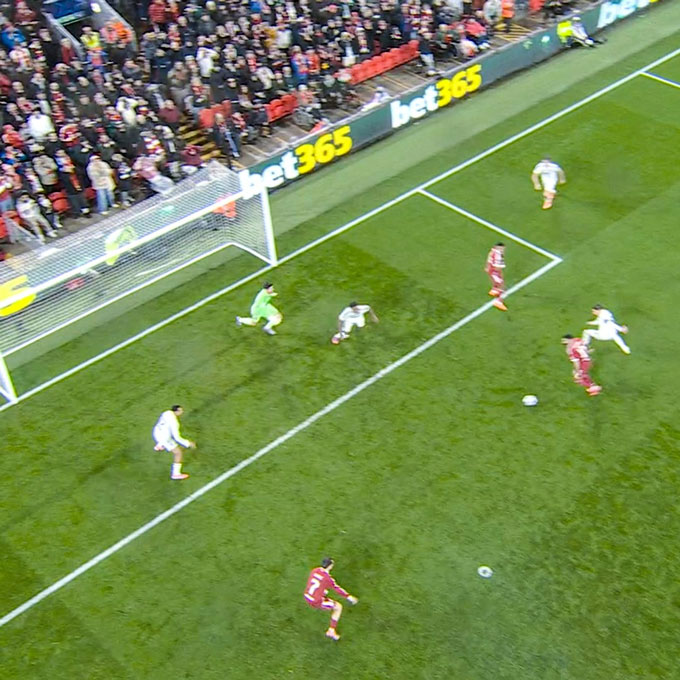
Time and again Salah has ignored simple team‑plays, choosing personal glory instead. The outcome? Chances lost and a player like Wirtz—who could easily have netted 3‑4 goals this season—left shaking his head.
Consequences for Liverpool—and for Salah Himself
Manager Pep Guardiola admitted after the match: “Salah has been our nightmare for years. Tonight we had to assign three players to track him every time he had the ball in build‑up.”
That’s both a compliment and a warning. It signals that while Salah remains feared, he seems incapable of adapting now that opponents focus on him so heavily. He still moves in old patterns—charging at three defenders rather than linking with midfielders—resulting in a young defender like O’Reilly keeping him quiet all night.
Former star Wayne Rooney on BBC didn’t mince words: “Salah is here to score and create, but in big matches he also must drop back and help. He left Bradley under massive pressure—Salah needed to support his teammate more.”
Rooney’s point isn’t just about defending—it’s a broader critique of team spirit. When a forward refuses to share responsibility, the whole structure crumbles. Once a symbol of Liverpool’s relentless work‑rate and contribution, Salah now appears fixated on recapturing personal headlines.
New manager Arne Slot is trying to rebuild Liverpool with a more balanced setup, where every player serves the system. But Salah is undermining that process. By refusing to link up effectively, Wirtz is stifled; when he won’t track back, full‑back Conor Bradley is isolated; and when the ball is lost, Liverpool’s defence immediately hangs vulnerable.
Statistics from Squawka show that Salah is now taking fewer shots than teammates like Cody Gakpo, Nicolas Ekitike or Dominik Szoboszlai and his touches inside the box have dropped sharply. He remains a big name, but his influence inside Liverpool is fading—not due to age, but because he’s isolating himself from the collective.
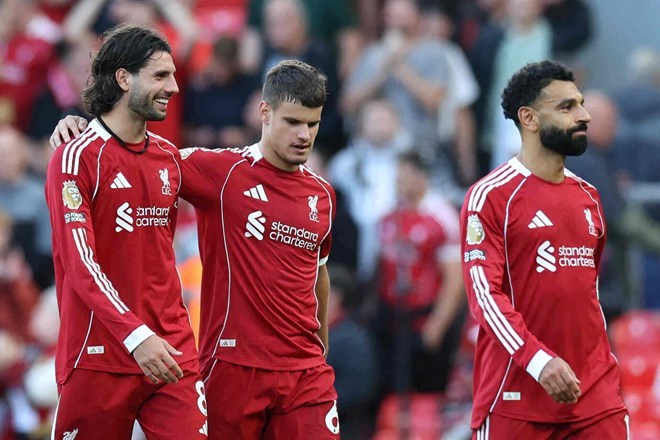
Perhaps this dip is temporary. Perhaps he’s still finding his feet under Slot’s new system. But unless he changes—unless he learns to share and trust—goals and trophies may begin to escape him.
In a club that needs rebirth, the worst thing isn’t just a player losing form—it’s the loss of collective identity and attacking threat. Salah, once Liverpool’s embodiment of explosive contribution, now faces his greatest challenge: humility in order to resurrect his own greatness.
Because if his current brand of football continues, it may be Salah himself—not a fragile defence or tactical innovation—who drags Liverpool away from the identity and attacking might that once terrified the Premier League.
